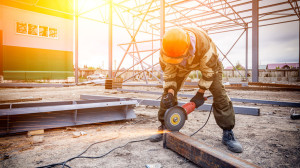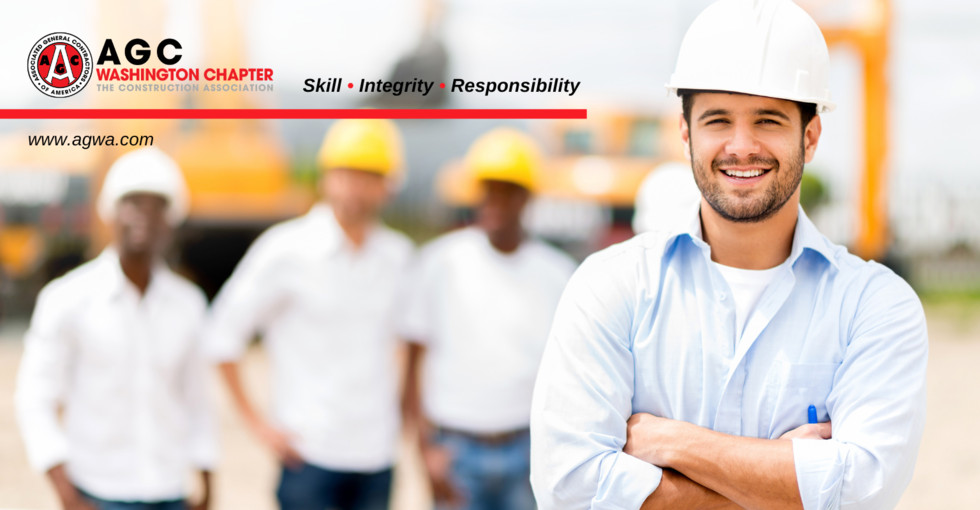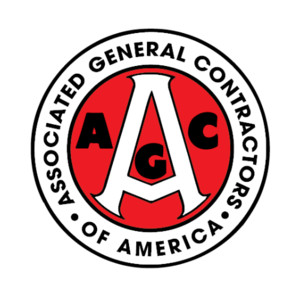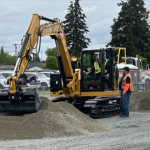Construction industry trends for 2021
 2020 was fraught with challenges in the business sector, and the construction industry was no exception. Statewide and business shutdowns, social distancing and supply chain disruptions have amounted to the perfect storm of factors weighing on contractors. But some trends aren’t as dismal and may even bring opportunity. Here are a few to watch closely as we kick off 2021:
2020 was fraught with challenges in the business sector, and the construction industry was no exception. Statewide and business shutdowns, social distancing and supply chain disruptions have amounted to the perfect storm of factors weighing on contractors. But some trends aren’t as dismal and may even bring opportunity. Here are a few to watch closely as we kick off 2021:
Safety is at the fore.
Job site safety has and should always be a top concern, but COVID-19 has only amplified its importance. However, social distancing is a challenging protocol to enforce in a line of work when collaboration is necessary to the outcome. Still, there can be workarounds. Anticipate smaller crews and the use of staggered shifts to protect workers from possible infection.
Drones are here to stay.
Any solution that means a task can be completed remotely is going to enjoy a popular demand. This is true for both building and administrative tasks in the construction industry, and drones offer that appeal.
In deploying drones, contractors can obtain invaluable information they couldn’t do otherwise with the naked eye. Safety issues can be more quickly discovered, quantities of materials on site can be accurately estimated, and orthomosaic maps can be created, providing greater definition and clarity to even the largest job site.
Prefab is having a moment.
Modular construction and pre-fab building, which were already enjoying popularity, will likely play significant roles in post-pandemic construction. Among its merits, modular building can involve large, airy structures, allowing for plenty of room for distancing. Not to mention the equipment used — ceiling cranes, conveyors, and lifts —means fewer workers can move larger components.
Health comes first.
Given the pandemic, it’s no surprise that one of 2021’s top trends pertains to indoor air quality. After all, 90 percent of most people’s time is now spent indoors, which has led to rising concerns about this contributor to overall health.
However, poor air quality is not a new phenomenon. The experts have even coined a term, Sick Building Syndrome, that can result in its occupants experiencing headaches, dry cough, difficulty concentrating, and dizziness. Still, as long as COVID-19 is on our collective radars, you can expect to see a focus on air sealing as a means to control air barriers, ventilation, and indoor air quality.
AGC of Washington is a statewide professional association of contractors committed to enhancing the performance of our members, representing their interests, and building a better climate overall for construction. Learn more about us, and the benefits of membership, on our website: http://www.agcwa.com/.








